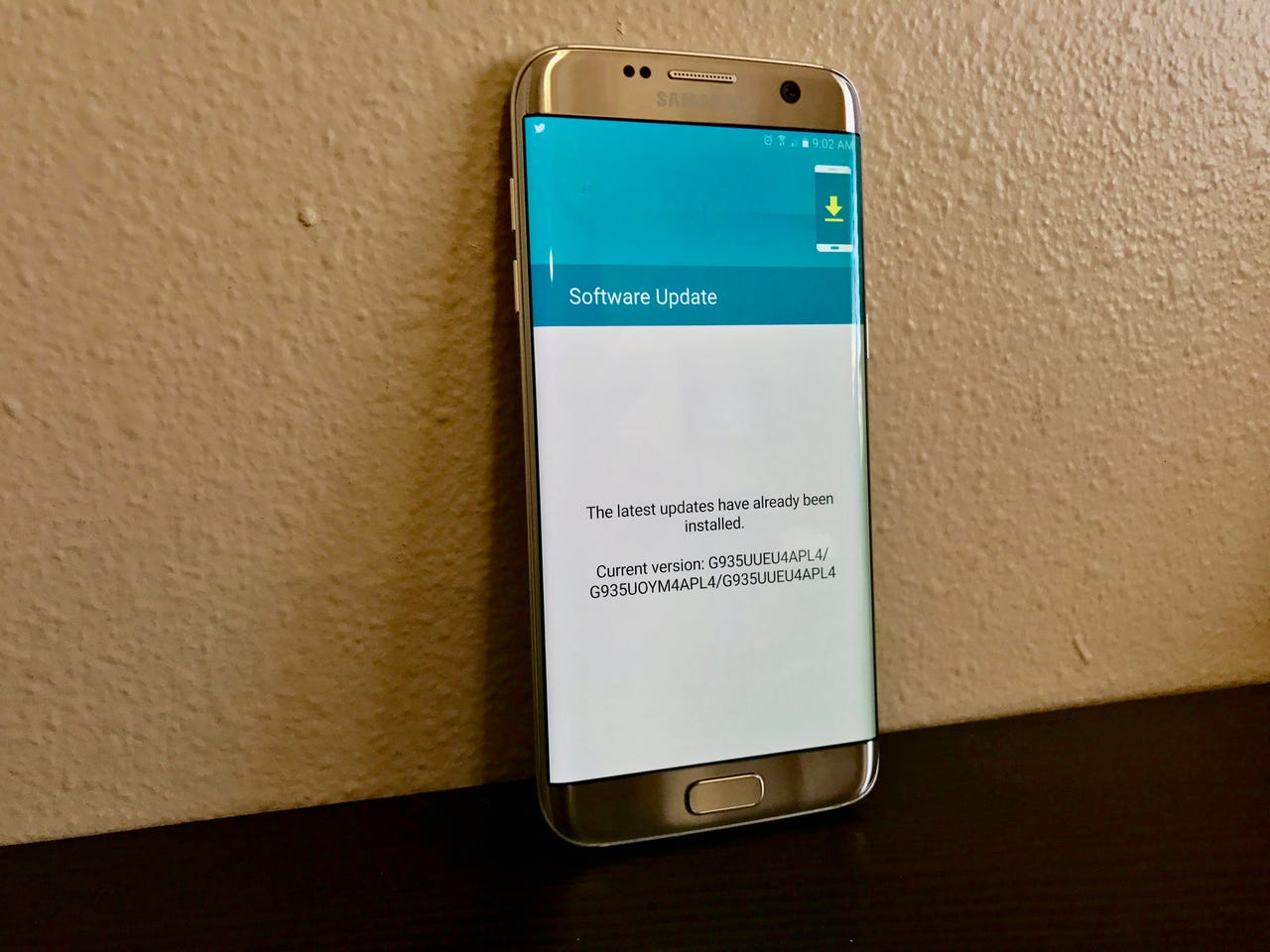Samsung's approach to unlocked Galaxy smartphones is all wrong

Reading through old reviews of Samsung's Galaxy smartphones, there's one complaint the company just can't get away from -- carrier bloatware isn't in the best interest of the user.
For example, AT&T pre-installs DirecTV apps and randomly places ads for its satellite TV service in the notification tray. Verizon places ads as well, encouraging you to visit one of its retail stores. It's annoying, invasive, and something that needs to stop.
The problem isn't limited to just Samsung phones, with all Android device makers giving carriers way too much control over what's pre-installed on a device.
Samsung, however, is a big enough company one would think it could force carriers to take the same approach Apple has achieved with its iPhone line.
That is to say, every Galaxy smartphone would come with zero pre-installed carrier apps and services, and ads would no longer randomly appear in the notification shade for whatever service the carrier is promoting at the time.
Traditionally, the only way for Android smartphone manufacturers to forgo carrier bloatware and interference is to release an unlocked smartphone. Traditionally, those same unlocked smartphones receive software updates before carriers.
In theory, unlocked phones are a win for consumers and a win for the device manufacturer. At least, that's how it's supposed to work.
In 2016, Samsung launched an unlocked version of its Galaxy S7 and S7 Edge. Samsung's pitch was that its unlocked phones provided users choice and flexibility, without bloatware.
Customers assumed the unlocked devices would also see software updates faster than the carrier equivalent. Unfortunately, that's not been the case.
As of this writing, I have an unlocked Galaxy S7 Edge sitting on my desk, still running Android 6.0.1 with the Android security patch from December 1, 2016. Three months worth of security fixes, missing.
Meanwhile, AT&T, T-Mobile, Sprint, and Verizon have all released Android Nougat 7.0, with many new features and tweaks and current security updates for the S7.
Hands-on with Android 7 Nougat on the Samsung Galaxy S7: screenshot gallery
Users are frustrated. Browse through Android fan forums and Samsung's own support forum and you'll find upset unlocked owners who are puzzled by Samsung's approach to software updates on a carrier-free device.
I've found several references from forum users claiming Samsung has committed to a quarterly update schedule, and to expect Nougat on the unlocked S7 in April along with the latest security patches. I reached out to Samsung to verify this but didn't receive a response.
If a quarterly update schedule is true, then owners of unlocked Samsung devices are at a distinct disadvantage when it comes to security updates -- arguably the most important aspect of timely software updates.
In Samsung's defense, the company never promised or committed to a faster update schedule. When the unlocked S7 was announced, I pressed the company on the aspect of faster updates and was met with the standard PR line of "nothing further to announce."
I won't pretend to know the nuances of what goes on behind the scenes between device makers and carriers, but there has to be something more Samsung can do here.
Going forward, purchasing an unlocked Samsung Galaxy device isn't something I would recommend to anyone unless the company commits to monthly security updates.
Carrier apps and services are a hassle to deal with, but at this point are the cost of having up-to-date security and features on a smartphone. For now, at least, that's a price I'm willing to pay.
Samsung's Galaxy 8 might have a button for its new AI assistant:
